
Bare pork through boiling water, thought clean but soaked in more dirt: This is the most correct thing
🐖 Boiling Bare Pork Doesn’t Clean It—It Soaks Up More Dirt: Here’s the Right Way
Many people believe that blanching raw pork in boiling water is the best way to clean it before cooking. It seems logical—hot water should kill bacteria and remove impurities, right? But surprisingly, this common method might actually make your pork dirtier. Let’s break down why and what you should do instead.
🚫 Why Boiling Bare Pork Isn’t Effective
When you drop raw pork directly into boiling water, several things happen:
-
Proteins coagulate instantly, trapping blood, scum, and impurities inside the meat instead of releasing them.
-
The surface tightens, preventing dirt and residue from escaping.
-
The water becomes murky, and the pork ends up soaking in a broth of its own impurities.
So instead of cleaning the pork, you’re essentially sealing in the grime and letting it stew in it.
✅ The Correct Way to Clean Pork
To truly clean pork before cooking, follow these steps:
-
Rinse under cold water: Gently wash the pork to remove surface blood and debris.
-
Use salt and vinegar: Rub the meat with coarse salt and a splash of vinegar or lemon juice. This helps draw out impurities and neutralize odors.
-
Let it sit for 10–15 minutes: Allow the salt and acid to work on the surface.
-
Rinse thoroughly again: Wash off the salt and vinegar under running water.
-
Blanch briefly (optional): If you still want to blanch, do it for just 30 seconds in boiling water, then discard the water and rinse the meat again.
🧼 Why This Method Works Better
-
Salt acts as an abrasive, helping to scrub off residue.
-
Acid breaks down proteins and neutralizes smells, making the meat fresher.
-
Short blanching opens pores, allowing impurities to escape without sealing them in.
🆕 Bonus Tips for Cleaner, Tastier Pork
To take your pork prep to the next level:
-
Trim excess fat and membranes: These parts often hold the most odor and impurities.
-
Use a clean cutting board and knife: Cross-contamination can undo all your cleaning efforts.
-
Dry the pork before cooking: Moisture on the surface can interfere with browning and flavor.
-
Marinate with ginger or rice wine: These ingredients help tenderize and deodorize the meat naturally.
News in the same category


Vinegar is the key to streak-free windows and shiny surfaces, but most use it wrong. Here's the right way to use it

Haven't heard that before

You are doing it all wrong. Here’s the right way to store leftovers

You are doing it all wrong. Here’s the right way to wash towels

They look so harmless

How to Remove a Fish Bone from Your Throat 🐟😮

You’re doing it all wrong. Here’s the right way to store knives

You’re doing it all wrong. Here’s the right way to unclog your drain

Mistake when washing grapes with salt and baking soda: This method only removes insect eggs, and the skin is still edible

Boiling chicken with plain water is outdated: 2 ways to cook chicken without water that make it delicious, tender, and preserve its nutrients

A type of vegetable destroys more than 90% of cancer cells within 48 hours, yet Vietnamese people mistake it for a wild plant growing all over the streets.

A plant with a distinctive aroma: Both a spice and a 'miracle' for health

A week after applying this method, cockroaches, ants, and mosquitoes no longer appeared in my house.

🚽 How to Unclog a Toilet Without Using a Plunger – 5 Smart, No-Mess Hacks That Actually Work
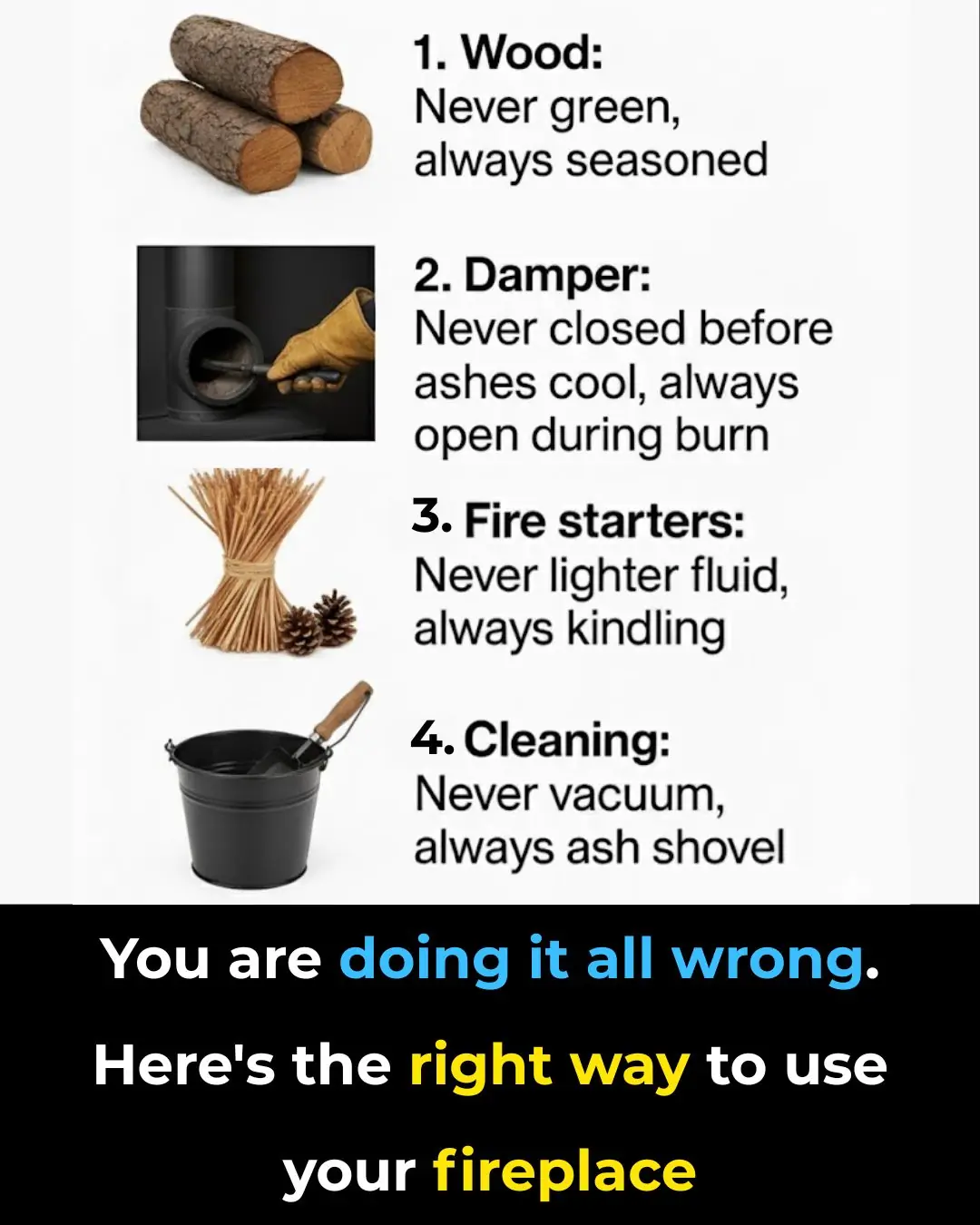
You are doing it all wrong. Here’s the right way to use your fireplace
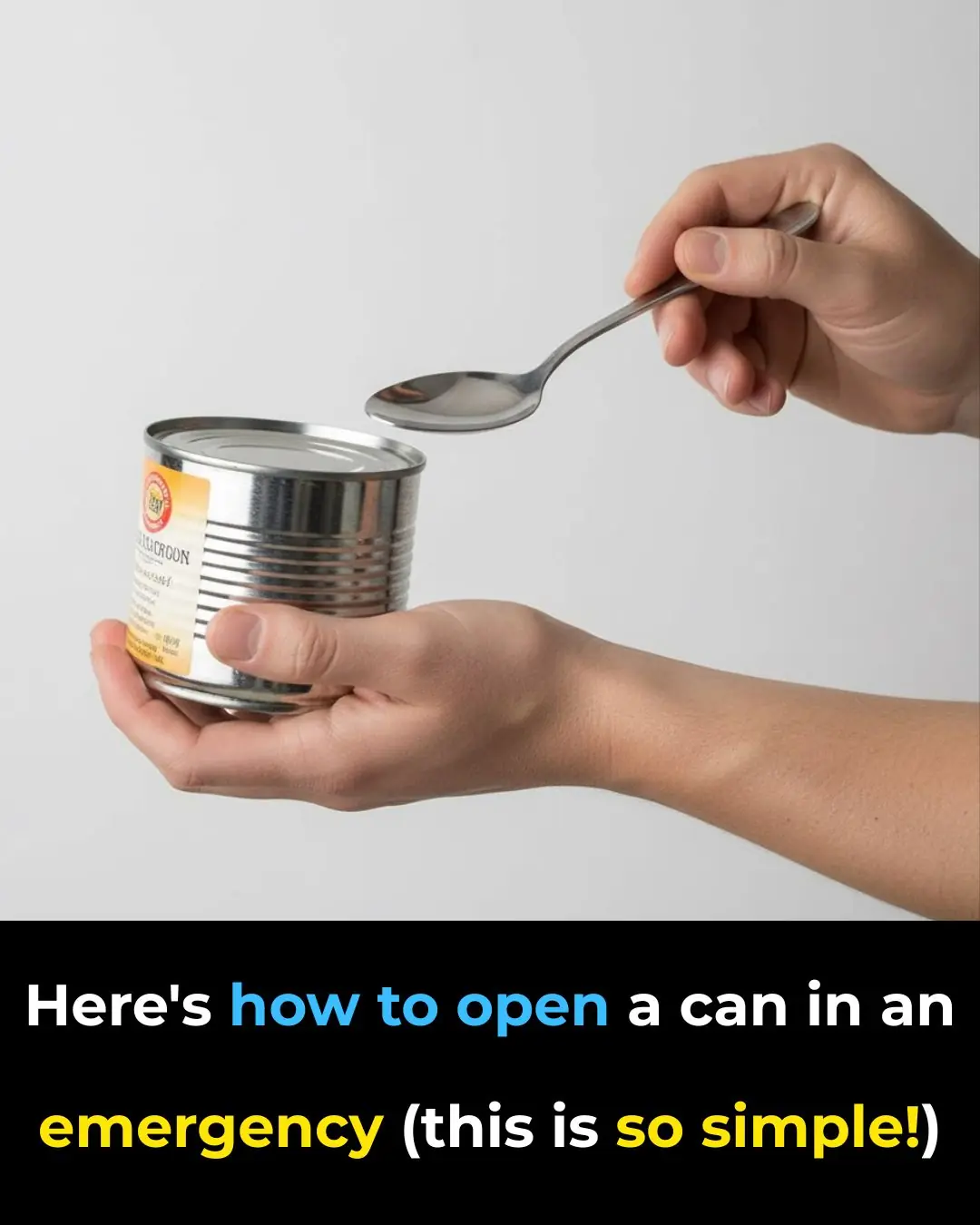
Here's how to open a can in an emergency (this is so simple!)

Most people will never know
News Post
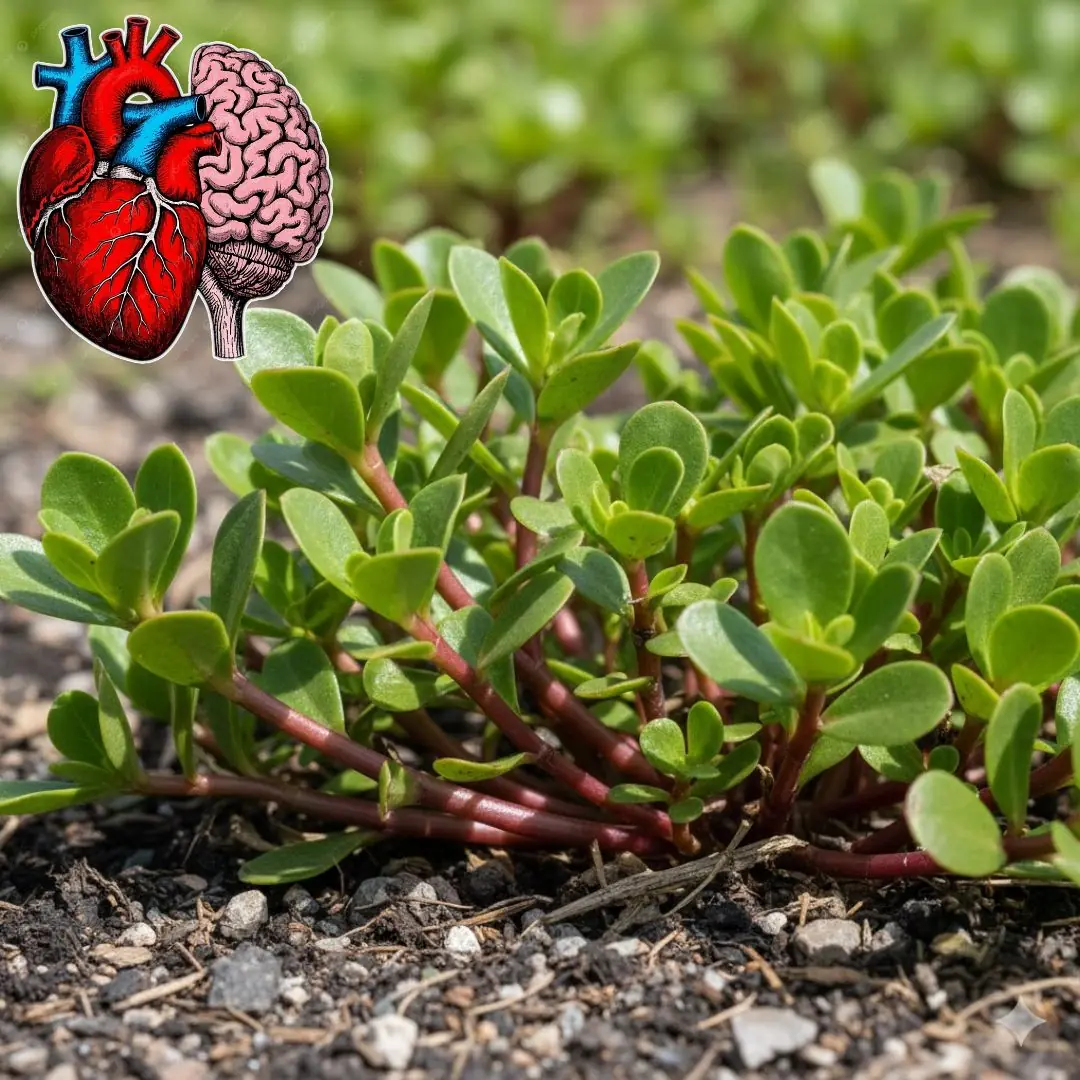
30 Powerful Reasons You Should Stop Ignoring Purslane

Why drinking your sugar is more harmful for diabetes than eating it, study finds

You are doing it all wrong. Here’s the right way to store leftovers

When a cat rubs against you, this is what it means

Zodiac Signs Most Likely to Have Prophetic Dreams
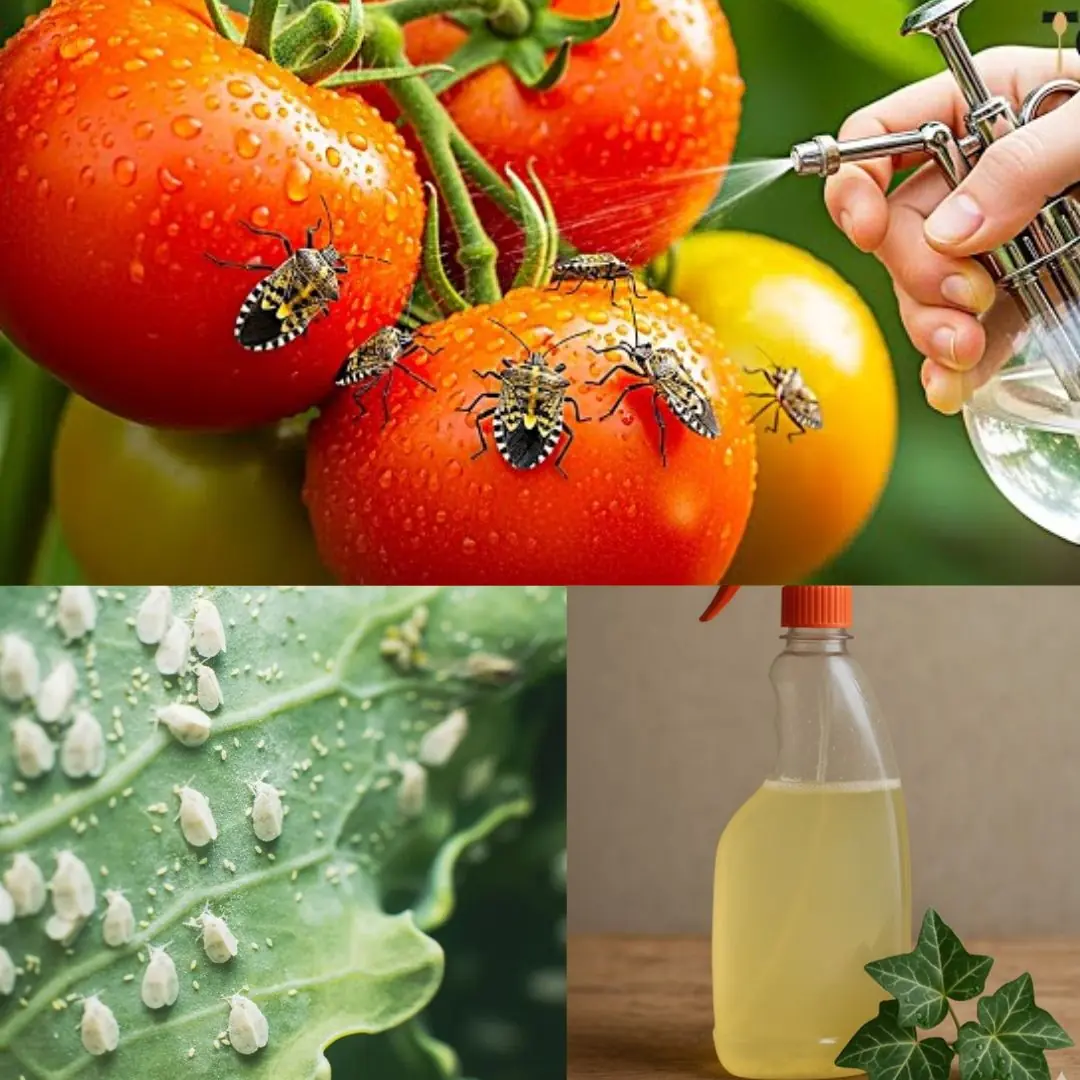
Ivy and Vinegar: A Safe and Natural Spray to Keep Pests Off Your Garden
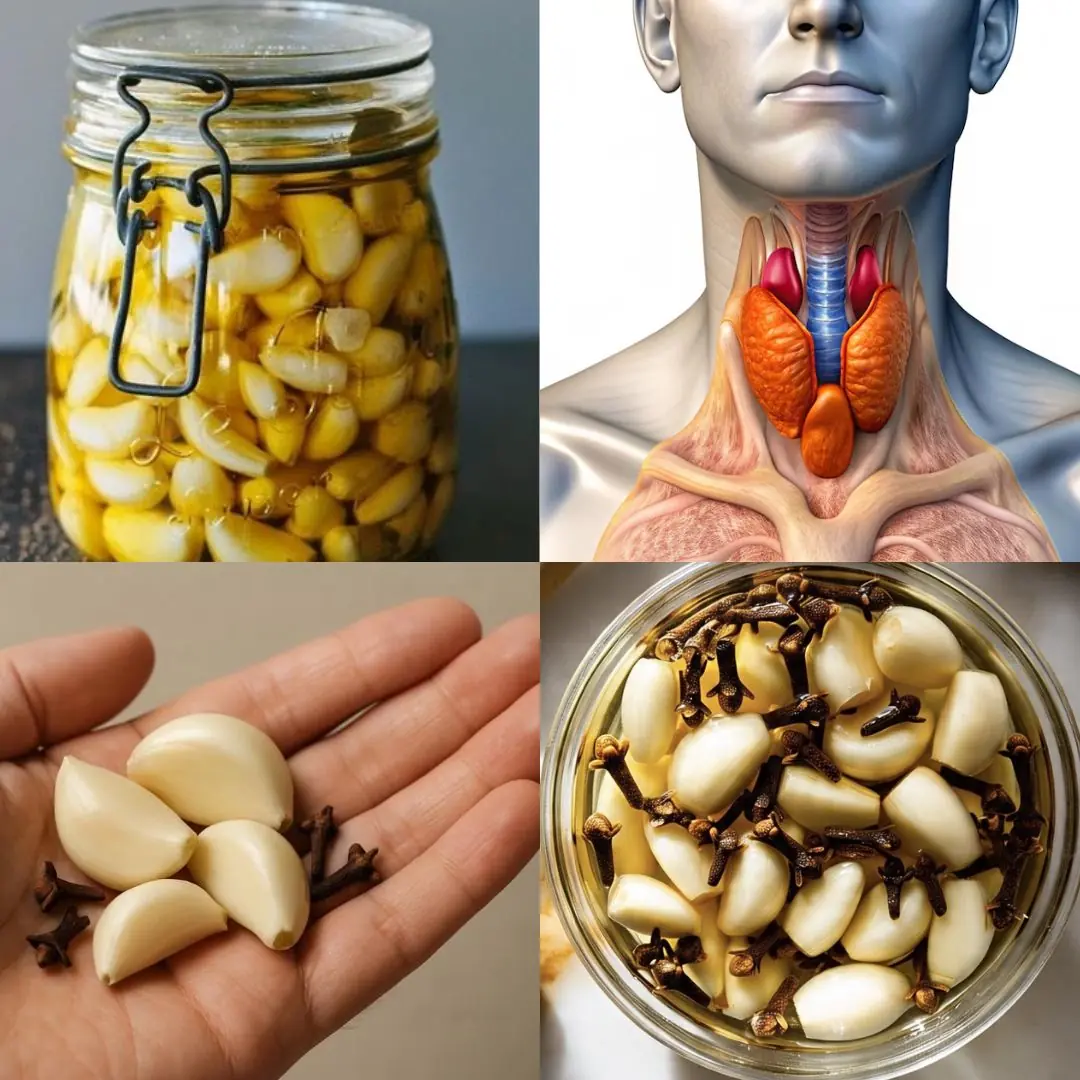
Garlic, Honey, and Cloves – a powerful natural remedy packed with health benefits

Vinegar is the key to streak-free windows and shiny surfaces, but most use it wrong. Here's the right way to use it

Haven't heard that before

You are doing it all wrong. Here’s the right way to store leftovers

10 genius tricks to revive your garden patio

You are doing it all wrong. Here’s the right way to wash towels

They look so harmless

How to Remove a Fish Bone from Your Throat 🐟😮

You’re doing it all wrong. Here’s the right way to store knives

You’re doing it all wrong. Here’s the right way to unclog your drain

Detroit Man Went From Quitting His Job To Buying A Building For His Car Detailing Business After It Went Viral On TikTok

Thyme Essential Oil Shows Signs of Killing Lung, Oral and Ovarian Cancer

A Boy, A Bullet, and the Friend Who Saved Him
